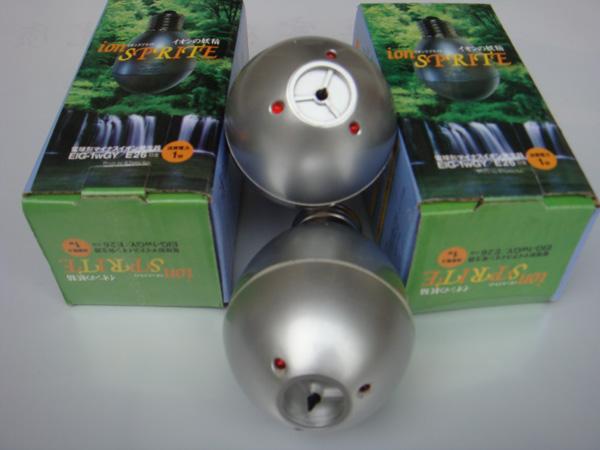
How do I choose a durable flooring material that can withstand frequent exposure to moisture and heat?
When it comes to selecting a flooring material for areas that are frequently exposed to moisture and heat, several factors need to be considered.
Ceramic tiles are an excellent choice. They are highly resistant to moisture, making them ideal for bathrooms, kitchens, and laundry rooms. The manufacturing process involves firing clay at high temperatures, which gives the tiles their durability. They can withstand heat from direct sunlight or hot appliances without warping or deteriorating. Ceramic tiles come in a wide variety of colors, patterns, and sizes, allowing for great design flexibility. Additionally, they are relatively easy to clean, requiring only regular sweeping and mopping with a mild detergent.
Porcelain tiles are a step above ceramic tiles in terms of durability. They are made from a more refined clay and fired at even higher temperatures. This results in a denser and less porous material. Porcelain tiles are extremely resistant to moisture absorption, which is crucial in wet areas. They can also handle high - traffic areas well due to their hardness. In terms of heat resistance, they can endure the heat from under - floor heating systems or the sun without any issues. Their long - lasting nature makes them a popular choice for both residential and commercial applications.
Vinyl flooring has come a long way in recent years. Modern vinyl flooring is designed to be water - resistant and can handle a certain amount of moisture. It is a cost - effective option compared to tiles. There are two main types: vinyl sheets and vinyl planks. Vinyl sheets are seamless, which can be beneficial in areas where spills are common, as there are no joints for water to seep into. Vinyl planks mimic the look of hardwood or stone and are easy to install. However, vinyl may not be as heat - resistant as tiles, so it is important to avoid placing extremely hot objects directly on it for extended periods.
Natural stone like granite and slate offers both beauty and durability. Granite is a very hard and dense stone that can resist moisture and heat well. It is often used in high - end kitchens and bathrooms. Slate, on the other hand, has a natural texture that provides good traction even when wet. It is also highly resistant to heat. However, stone flooring requires proper sealing to prevent moisture from seeping in over time. Regular maintenance, such as resealing every few years, is necessary to keep it in top condition.
Concrete is a highly durable option that can withstand both moisture and heat. It is often used in industrial and commercial settings but has also become popular in modern residential design. Polished concrete floors are not only stylish but also resistant to water and can handle high temperatures. However, concrete floors can be cold underfoot, so in some cases, under - floor heating may be required. Additionally, proper finishing and sealing are essential to prevent moisture penetration.

